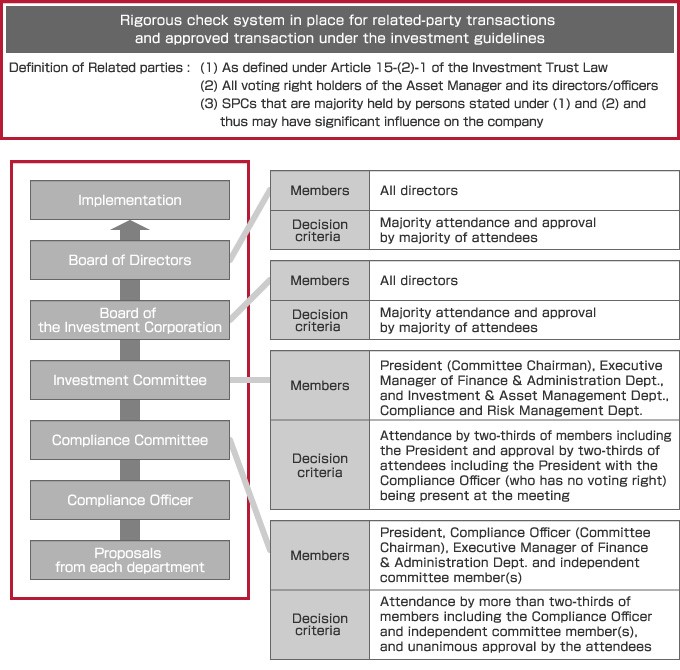Asset manager conflicts of interest investigator
Post on: 24 Июль, 2015 No Comment

A general exterior view of the U.S. Securities and Exchange Commission (SEC) headquarters in Washington, June 24, 2011.
WASHINGTON (Reuters) — The U.S. Securities and Exchange Commission is unearthing numerous examples of hidden conflicts of interest at asset management firms, and plans to file a series of cases to combat the problem, a top SEC investigator said Thursday.
Over and over again we see advisers failing properly to identify and then address their conflicts, said Julie Riewe, a co-chief in the asset management unit of the SEC’s enforcement division, in prepared remarks for the IA Watch compliance conference.
On the horizon, we expect to recommend a number of conflicts cases for enforcement action, she added.
Wall Street has come under heightened scrutiny by the Obama administration amid concerns about conflicts of interest.
On Monday, President Obama called on the Labor Department to write rules targeting brokers who offer retirement investment advice, saying such rules are needed to protect clients from being steered into more-expensive products.
Riewe’s unit at the SEC focuses on bringing cases against investment advisers, who are required by federal securities laws to put their clients’ financial interests ahead of their own.
Since the unit was formed about five years ago, it has brought a number of cases that focus on conflicts of interest.
Some of these have targeted private equity firms, which only recently became subject to SEC review in 2010 following the passage of the 2010 Dodd-Frank Wall Street reform law.

Previous examinations of private equity funds by the SEC uncovered what one other top official described as wide-spread problems with undisclosed and misalocated fees and expenses.
The SEC has since brought cases against a few small, lesser-known firms, but no large private equity firm has been charged in connection with those exam findings.
Riewe said Thursday that some future cases she expects to bring will center on fee and expense misalocation by private equity funds.
Other cases will involve best execution failures in which mutual funds fail to seek the best terms for clients, undisclosed outside business activities, failures to tell investors about biases toward proprietary products and matters involving conflicted related party transactions, she added.
To fulfill their obligations as fiduciaries, and to avoid enforcement action, advisers must identify, and then address — through elimination or disclosure — those conflicts, Riewe said.
(Reporting by Sarah N. Lynch; Editing by David Gregorio )














